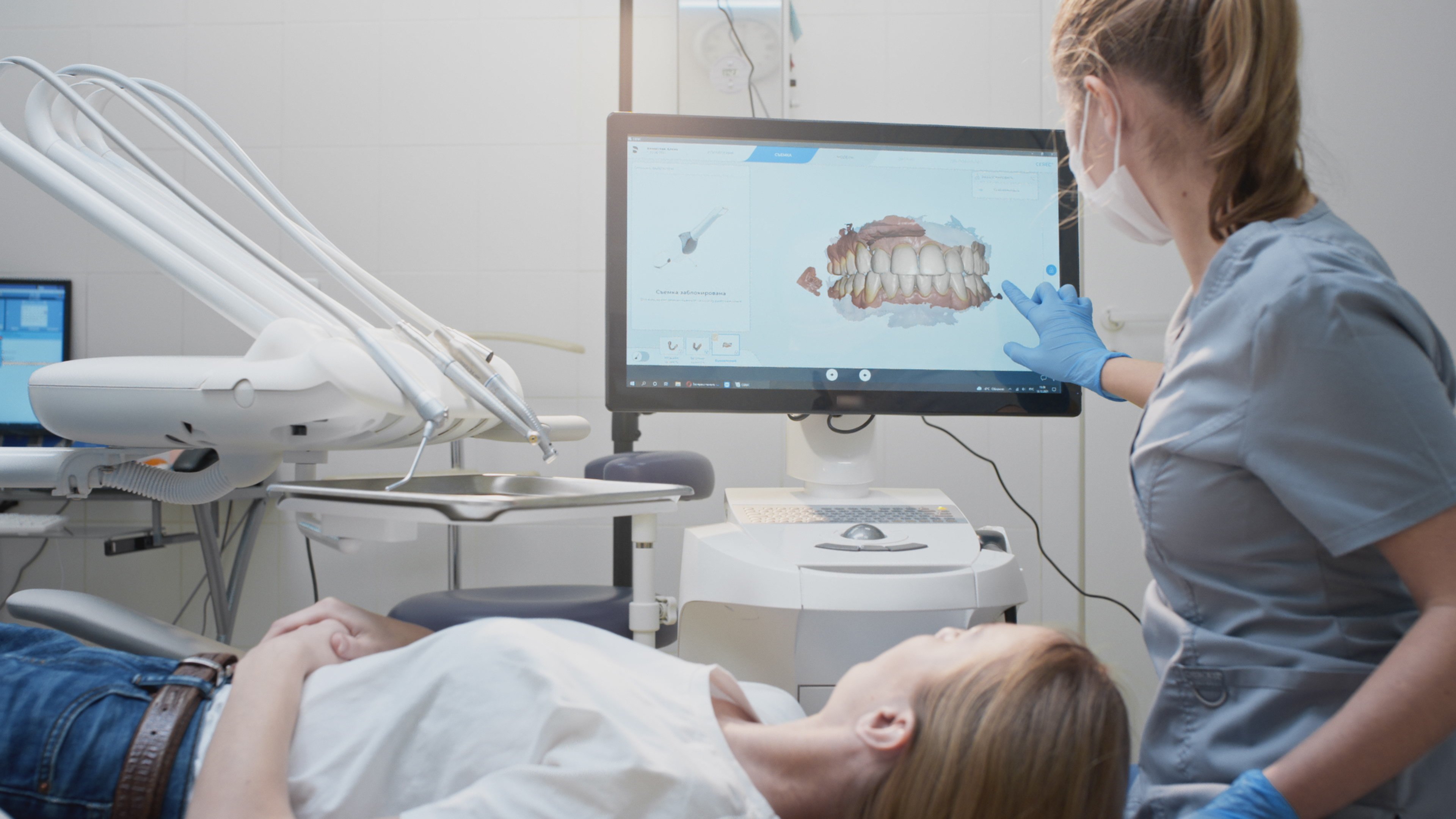Cultural Attitudes Towards Dental Health And Mental Well-Being

Across cultures, there’s an intrinsic link between oral health and mental well-being. Both are significant aspects of overall health, yet cultural perspectives and attitudes towards them vary. Dental health, in particular, often mirrors our mental state and vice versa. An innovative dental solution can transform a person’s smile, boosting their confidence. But how does culture influence our approach to these aspects of health?
The Significance Of A Smile
Smiling is universal, but its importance in social dynamics can't be understated. In many societies, a bright, healthy smile is a sign of happiness, trustworthiness, and social appeal. However, not everyone has access to dental care or the resources for advanced treatments like All on 4 and others. This disparity can lead to declining self-esteem or social anxiety for those with dental issues.
Moreover, the value placed on a beautiful smile in certain cultures can lead to an overwhelming pressure to maintain perfect teeth. This pressure can sometimes make individuals feel judged or ostracized, further impacting their mental well-being.
Oral Health Is More Than Just Teeth
When considering dental health, it's easy to focus solely on teeth. Yet, oral health encompasses so much more. Gums, tongue, and overall mouth hygiene play vital roles too. In some cultures, specific practices such as using a miswak stick in various Middle Eastern societies, are passed down through generations. These traditions underline the significance of oral health in these cultures.
On the flip side, some cultures might not emphasize regular dental check-ups or professional cleanings, which can be detrimental in the long run. Such neglect can lead to complications that can impact your overall health and, in turn, your mental state.
Mental Health And Oral Care: A Two-Way Street
Your mental health influences how you care for your dental hygiene, and your dental health can influence your mental well-being. It’s a symbiotic relationship. Stress, for instance, can lead to habits like teeth grinding. On the other hand, tooth loss or oral issues can contribute to anxiety or depression.
Cultural attitudes play a significant role here. Individuals might be more proactive about oral care in cultures that prioritise mental health. However, in societies where mental health remains stigmatized, the connection between the two might not be acknowledged, making it harder for individuals to seek help.
Bridging The Gap Through Education And Awareness
One way to address these intertwined issues is through education. Promoting the importance of dental health, coupled with understanding its connection to mental well-being, is crucial. This emphasis on education can break down cultural barriers and misconceptions.
While respecting cultural traditions and beliefs is vital, it's equally important to introduce modern dental care knowledge. Presenting the benefits of regular check-ups, innovative treatments, and proper oral care routines can encourage more individuals to prioritize both their dental and mental health.
The Broader Impact Of Oral Aesthetics
Dental aesthetics aren’t just about a radiant smile; they're deeply tied to how individuals perceive themselves and how they believe others perceive them. It's a reflection of personal and societal standards. In modern society, especially with the rise of social media and visual platforms, there's an intensified focus on appearance.
Having a smile that one isn’t proud of can lead to a reluctance to engage in social situations or even to smile in photos. In a culture that places value on selfie-ready smiles, those who feel their teeth don't measure up may experience feelings of isolation or low self-worth. It's here that the mental toll of dental health becomes increasingly evident.
The Psychological Impact Of Dental Procedures
It's essential to delve deeper into how minor and significant dental procedures can affect an individual's psyche. Upon receiving a transformative procedure, many patients report a change in their oral health and a renewed sense of confidence. This newfound self-assuredness can extend to various facets of life, from professional interactions to personal relationships.
However, it's not just about the significant procedures. Even a simple cleaning, teeth whitening, or cavity filling can give individuals a renewed sense of oral cleanliness and pride. Feeling good about one's dental health often translates to a broader, more positive self-image.
The Role Of Community And Peer Influence
Communities are pivotal in shaping attitudes towards dental and mental health. If a community fosters an environment where dental health is a regular discussion and encourages check-ups, individuals within that community will likely view dental care as a priority. Similarly, communities that are open about mental health challenges and solutions can positively influence their members to seek help when needed.
Conclusion
Your dental health and mental well-being are intricately connected. Cultural perspectives shape our attitudes towards them, sometimes in ways that can be challenging. By recognizing these connections and fostering education, people can cultivate a more holistic approach to health, benefiting their smiles and minds.



